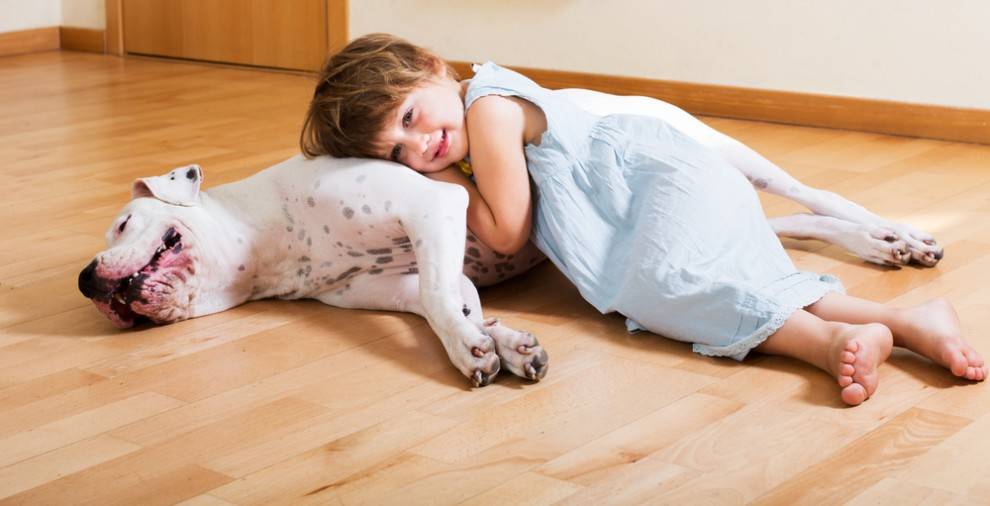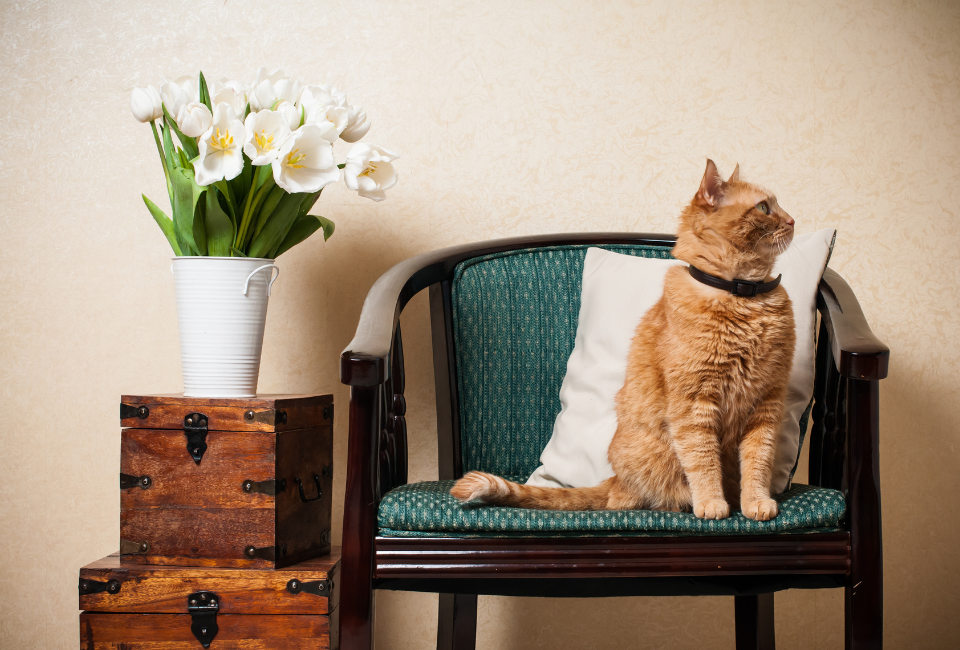Responsible Pet Ownership to Protect Shared Spaces
In today’s world, pets are more than companions; they are family members. While owning a pet brings joy and companionship, it also comes with responsibilities that extend beyond the home. One of the most important aspects of pet ownership is maintaining awareness to ensure that shared spaces, such as parks, sidewalks, and neighborhoods, remain clean, safe, and enjoyable for everyone.
In this article, we’ll explore how responsible pet ownership can contribute to protecting communal areas and fostering harmony between pet owners and the community.

Understanding the Impact of Pets on Shared Spaces
Shared spaces are designed for everyone, including those who may not own pets. A lack of responsibility from pet owners can lead to:
- Health Risks: Pet waste left unattended can harbor bacteria and parasites, posing health risks to humans and other animals.
- Environmental Damage: Digging, littering, and trampling can damage plants and ecosystems, especially in parks and natural reserves.
- Noise Pollution: Excessive barking or loud noises from pets can disturb neighbors or other users of public areas.
Recognizing these impacts is the first step toward fostering better habits and awareness.
Always Clean Up After Your Pet
Cleaning up pet waste is not just courteous—it’s essential. Pet waste contains harmful pathogens that can pollute soil and water if left uncollected. Here’s how to ensure cleanliness:
- Carry Waste Bags: Always have biodegradable bags on hand to pick up after your pet.
- Dispose Properly: Use designated pet waste bins or general trash bins when available. Never leave bags lying around, as this defeats the purpose.
- Educate Children: If your children accompany you, teach them the importance of cleaning up after pets to instill responsibility at a young age.
Train Your Pet for Public Spaces
Training is an essential part of ensuring that your pet behaves appropriately in shared spaces. Basic obedience training, such as commands like “sit,” “stay,” and “heel,” can prevent disruptive behavior. Here are key training tips:
- Leash Training: Teach your pet to walk calmly on a leash to avoid pulling or lunging at others.
- Socialization: Expose your pet to various environments, people, and other animals to reduce anxiety and aggressive tendencies.
- Recall Training: Ensure your pet reliably returns to you when called, especially in off-leash areas.
Trained pets are less likely to cause disturbances, making shared spaces more enjoyable for everyone.

Respect Leash Laws and Pet-Free Zones
Many public spaces have rules about where pets are allowed and whether they must be on a leash. Abiding by these regulations shows respect for others and ensures safety.
- Follow Leash Rules: Even if your pet is well-behaved, keeping them leashed in designated areas prevents unexpected incidents, such as approaching someone who fears animals.
- Observe Pet-Free Zones: Some spaces, like children’s playgrounds or certain beaches, may prohibit pets. Respect these boundaries to avoid conflicts or fines.
Minimize Noise Disturbances
While barking is natural, excessive noise can disrupt neighbors and other users of public areas. To manage this:
- Identify Triggers: If your pet barks excessively, understand the cause—whether it’s boredom, anxiety, or overstimulation—and address it accordingly.
- Provide Enrichment: Ensure your pet gets enough physical and mental stimulation to prevent boredom-induced barking.
- Training and Support: Use positive reinforcement to teach your pet when it’s appropriate to be quiet. In persistent cases, seek help from a professional trainer.
Protect Wildlife and Nature
Pets, especially dogs, can inadvertently harm local wildlife and ecosystems by chasing animals, digging, or disturbing habitats. To mitigate this:
- Supervise Your Pet: Always keep an eye on your pet in parks or nature reserves to prevent them from chasing wildlife.
- Stick to Designated Paths: Encourage your pet to stay on trails to minimize environmental damage.
- Educate Yourself: Learn about the local flora and fauna to better understand how your pet’s behavior might affect the environment.

Advocate for Pet-Friendly Infrastructure
As a responsible pet owner, you can play a role in creating better spaces for everyone:
- Support Pet Waste Stations: Advocate for more waste stations and bins in your community.
- Encourage Pet-Friendly Policies: Collaborate with local authorities to establish pet-friendly parks and facilities.
- Participate in Community Initiatives: Join clean-up drives or volunteer with organizations promoting responsible pet ownership.
Educate and Lead by Example
Actions speak louder than words. By consistently demonstrating responsible pet ownership, you inspire others to do the same. Share knowledge about the importance of protecting shared spaces with fellow pet owners and encourage them to adopt better habits.
Balance Freedom and Safety
It’s essential to balance your pet’s freedom to explore with the need to maintain safety in shared spaces:
- Monitor Off-Leash Play: If your pet is in an off-leash area, ensure they don’t disturb others or venture into restricted zones.
- Respect Boundaries: Not everyone is comfortable around pets, so always ask before allowing your pet to approach someone.
Prepare for the Unexpected
Accidents can happen, even with the best intentions. Always carry the essentials to address unforeseen situations:
Extra waste bags
A small first-aid kit for minor injuries
A leash and muzzle, if necessary
Being prepared shows your commitment to responsible ownership.
Conclusion
Protecting shared spaces starts with each pet owner. By practicing responsible pet ownership—cleaning up after pets, respecting regulations, and ensuring pets are well-trained—we can create a harmonious environment where pets and people coexist happily.
At Asiapata, we believe in fostering better relationships between pets, their owners, and the community. Whether you need professional pet transportation services or valuable insights into pet care, we’re here to support you on your journey. Let’s work together to make shared spaces cleaner, safer, and more enjoyable for everyone!
Ready to make a positive impact? Contact Asiapata today to learn more about our services and join the movement for responsible pet ownership!
See more at:
What to Consider When Caring for Newborn Pets
Tips for Raising Pets in an Apartment
Vận Chuyển Hỏa Tốc Đồ Trang Trí Tết Tuyến Sài Gòn – Đà Nẵng
Chuyển phát nhanh tài liệu từ Hà Nội đi Thanh Hoá














